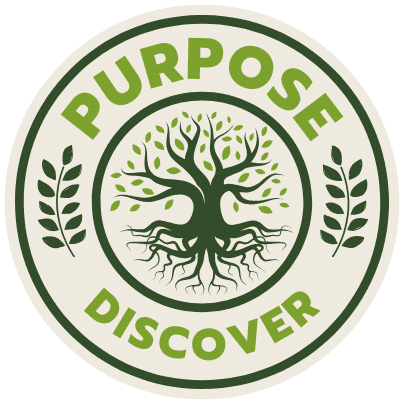Courage is a powerful force. It shapes our lives and gives us the strength to face challenges. When we cultivate courage, we open doors to deeper meaning in our lives. Let’s explore how embracing courage can transform our experiences and enrich our understanding of ourselves and the world around us.
Understanding Courage
Courage is more than just bravery. It’s about taking action despite fear. It means standing up for what you believe in, even when it’s tough. Think about a time when you felt scared but pushed through anyway. That’s courage in action.
Courage can take many forms:
🔹 Speaking your truth
🔹 Trying something new
🔹 Standing up for others
🔹 Facing personal fears
Each of these actions can lead to a more meaningful life.
The Connection Between Courage and Meaning
When we act with courage, we often find ourselves in situations that challenge us. These challenges can lead to growth. Growth helps us understand our values and beliefs. This understanding creates a sense of purpose.
Consider this: Have you ever taken a leap of faith? Maybe it was starting a new job or moving to a new city. These moments can be scary. Yet, they often lead to the most rewarding experiences. They help us discover who we really are.
Courage in Daily Life
You don’t need to climb mountains or fight battles to be courageous. Everyday acts of courage can have a big impact. Here are some simple ways to practice courage daily:
1. Speak up in a meeting.
2. Share your ideas with friends.
3. Try a new hobby.
4. Apologize when you’re wrong.
Each small step builds your courage. Over time, these steps lead to greater confidence and deeper meaning in your life.
Facing Fear
Fear is a natural part of life. It can hold us back or motivate us. The key is to face it head-on. Ask yourself: What am I afraid of? Why does it scare me? Understanding your fear can help you overcome it.
When you confront fear, you gain clarity. You start to see what truly matters to you. This clarity can lead to meaningful changes in your life.
The Role of Vulnerability
Being courageous often means being vulnerable. It’s about showing your true self, flaws and all. This can be uncomfortable, but it’s essential for growth. Vulnerability fosters connection. When we share our struggles, we invite others to do the same.
Think about a time you opened up to someone. How did it feel? Chances are, it strengthened your relationship. Vulnerability can deepen your connections and enhance your sense of belonging.
Building a Courageous Mindset
Cultivating courage is a mindset. Here are some tips to help you build it:
🛠 Practice self-compassion. Be kind to yourself when you falter.
🛠 Surround yourself with supportive people.
🛠 Reflect on past successes. Remind yourself of times you’ve been brave.
🛠 Set small, achievable goals. Celebrate your progress.
These practices can help you develop a courageous mindset over time.
Embracing Change
Life is full of change. Embracing it requires courage. Change can be scary, but it also brings new opportunities. Ask yourself: What changes am I resisting? What could I gain by embracing them?
When you accept change, you open yourself up to new experiences. These experiences can lead to personal growth and a richer life.
Final Thoughts
Cultivating courage is a journey. It takes time and practice. But the rewards are immense. As you embrace courage, you’ll find deeper meaning in your life. You’ll connect with others, face challenges, and grow in ways you never imagined.
So, what’s your next courageous step? Remember, every small act counts. Take that leap. You might just find a new sense of purpose waiting for you on the other side.

